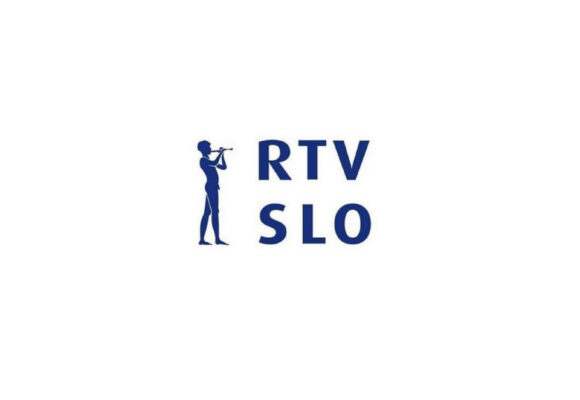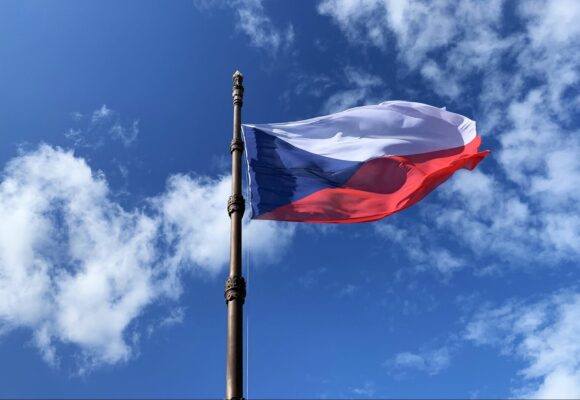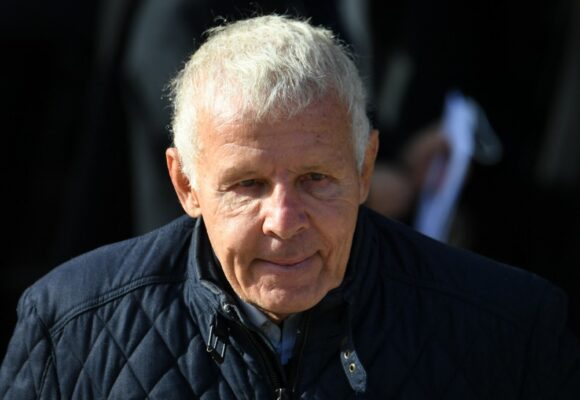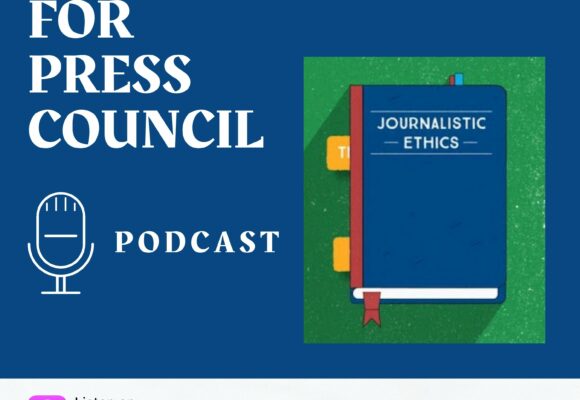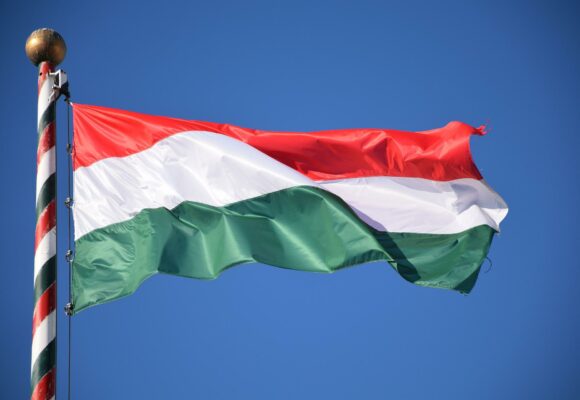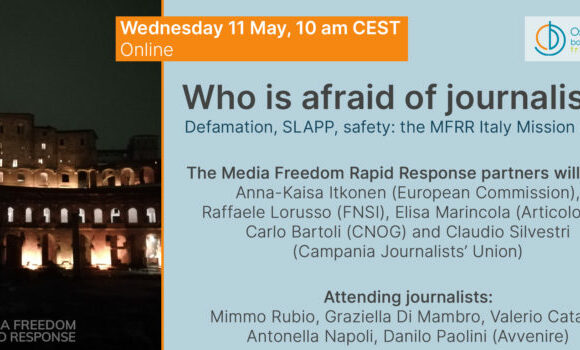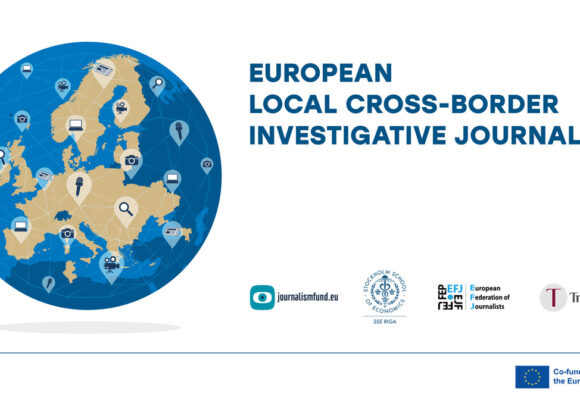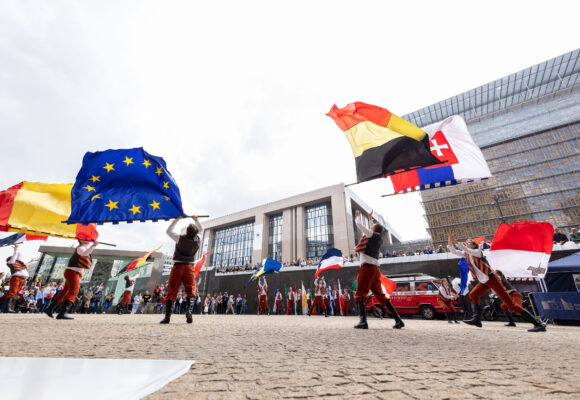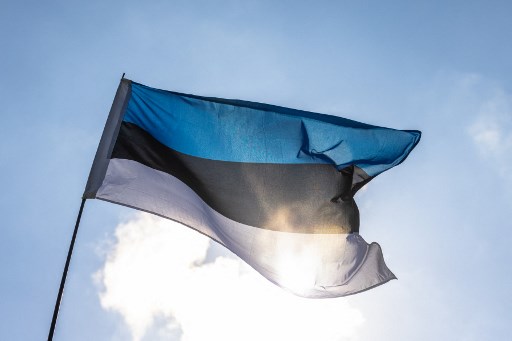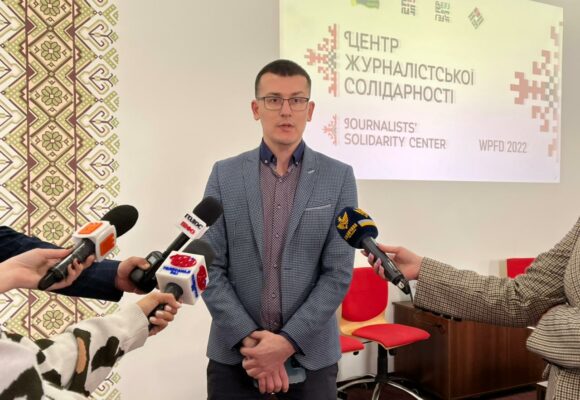Spain: Barrage of online intimidation against journalists threatens safety
The Media Freedom Rapid Response (MFRR) consortium condemns the online intimidation of investigative journalists working for La Sexta TV by Daniel Esteve, CEO of the eviction company Desokupa. Esteve’s harassment and threats to reveal personal information put the journalists’ safety at great risk. We call on the Spanish authorities to take immediate action to protect them. The undersigned organizations are deeply concerned by the threats and intimidation targeting the investigative journalism team of Equipo de Investigación, a program on Spanish private TV channel La Sexta, by Daniel Esteve, CEO and owner of the eviction company Desokupa. Between 8-15 September, Esteve…


